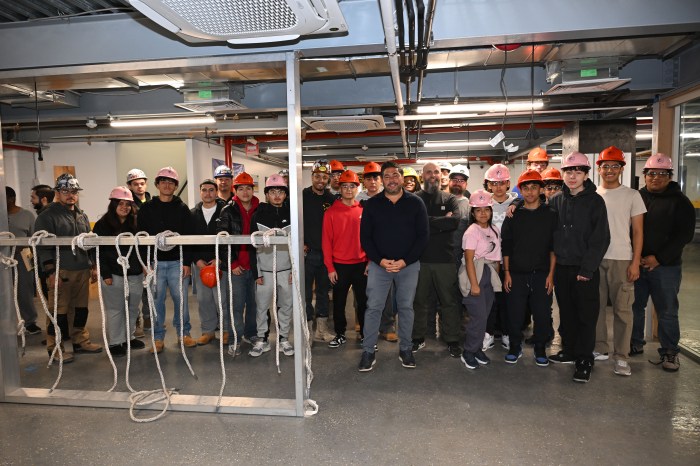This holiday season will bring more than good cheer, as many parents will be buying new computers and other Internet-enabled gadgets for themselves and their children.
It is more important than ever for parents to keep track of how children are using this new technology. They need to make sure kids stay safe online and learn to use technology for more than just video games and music downloads.
“The nation cannot speed down the information highway if parents aren’t teaching kids how to use technology responsibly,” said Sharon Darling, president and founder of the National Center for Family Literacy.
Unfortunately, many have no idea what their children are doing on their computers. According to a survey conducted by Harris Interactive on behalf of software maker Symantec, parents in the U.S. think their kids are online two hours a month, but kids report spending 20 hours a month online. In addition, 41 percent of teens ages 13-17 agree that parents do not know what they are looking at online - from shopping sites to social networking services to more dangerous destinations.
“Today’s generation of so-called digital natives need to be prepared for the future by their parents and their teachers - many of whom are digital immigrants who need to quickly familiarize themselves with new technologies,” said Darling.
To help parents learn more about technology, the NCFL teamed up with the Verizon Foundation to create “The Verizon Tech Savvy Awards,” a national program designed to help parents learn to use technology to build kids’ learning skills.
Here are some tips gleaned from this teamwork:
“Parents and children must learn about technology together, so parents can be effective teachers to ensure their children are literate in technology and prepared for the 21st century workforce,” said Verizon Foundation President Patrick Gaston.
Indeed, employment in professional, scientific and technical services will grow by 28.8 percent or 2.1 million new jobs by 2016, according to the U.S. Department of Labor.
For more tips from the NCFL on teaching kids to use safely technology to help build their skills, visit www.famlit.org.
Courtesy of StatePoint Media



































